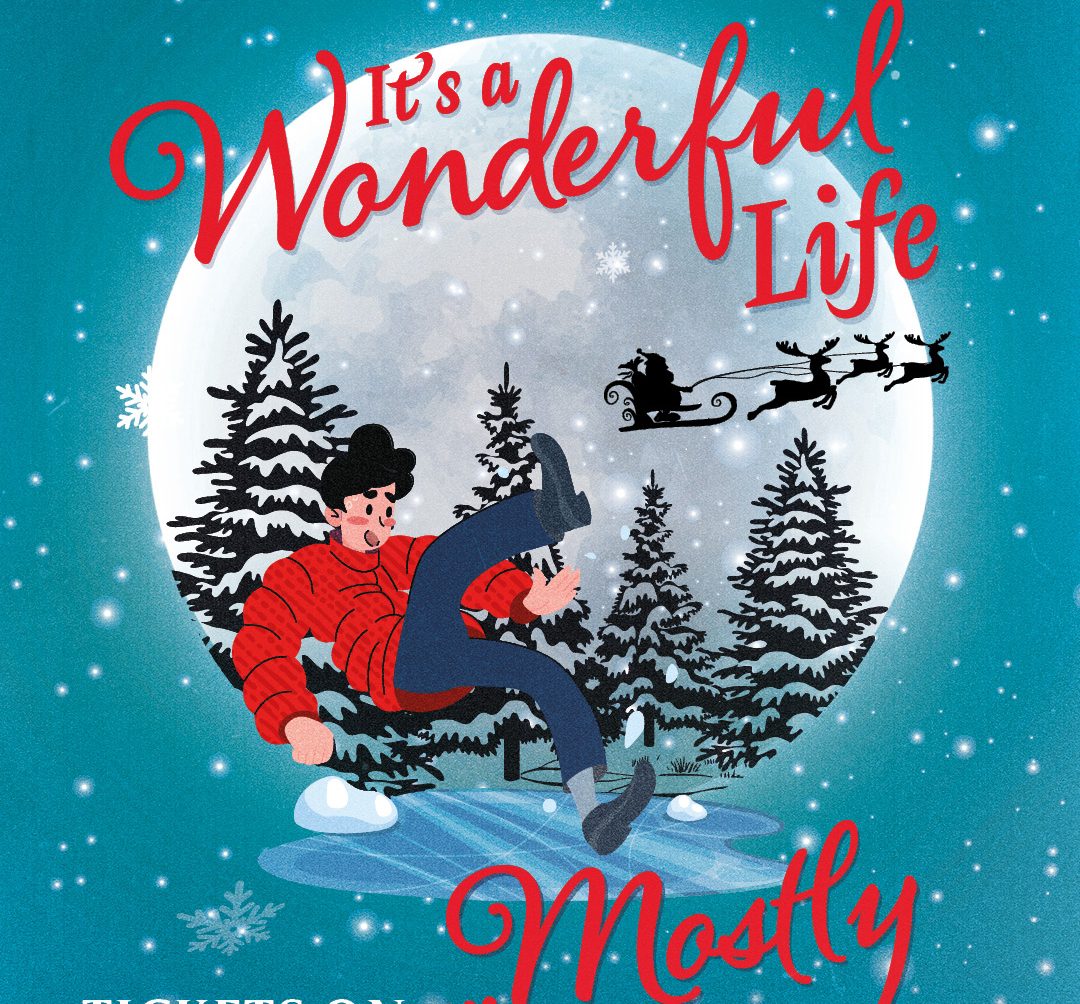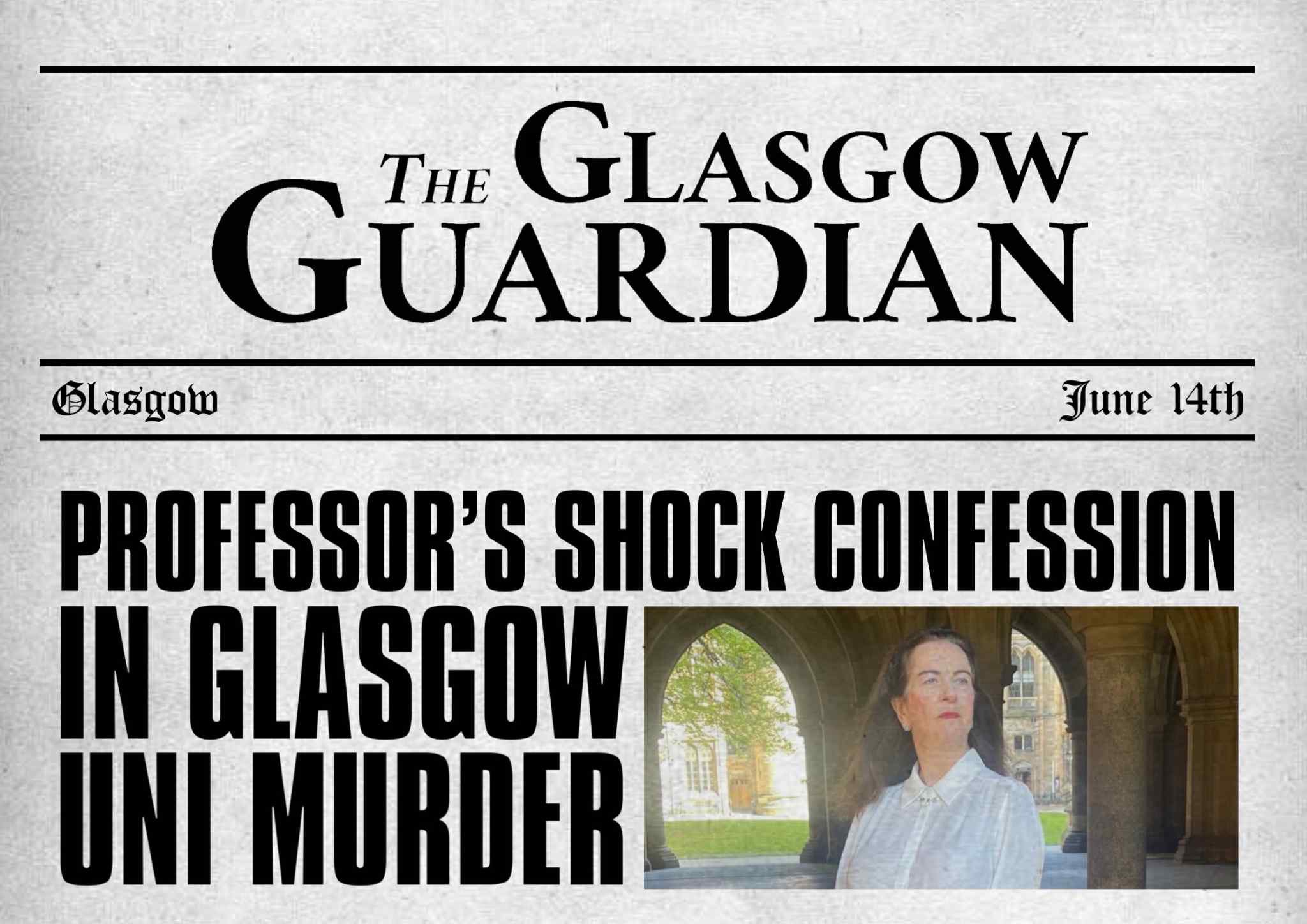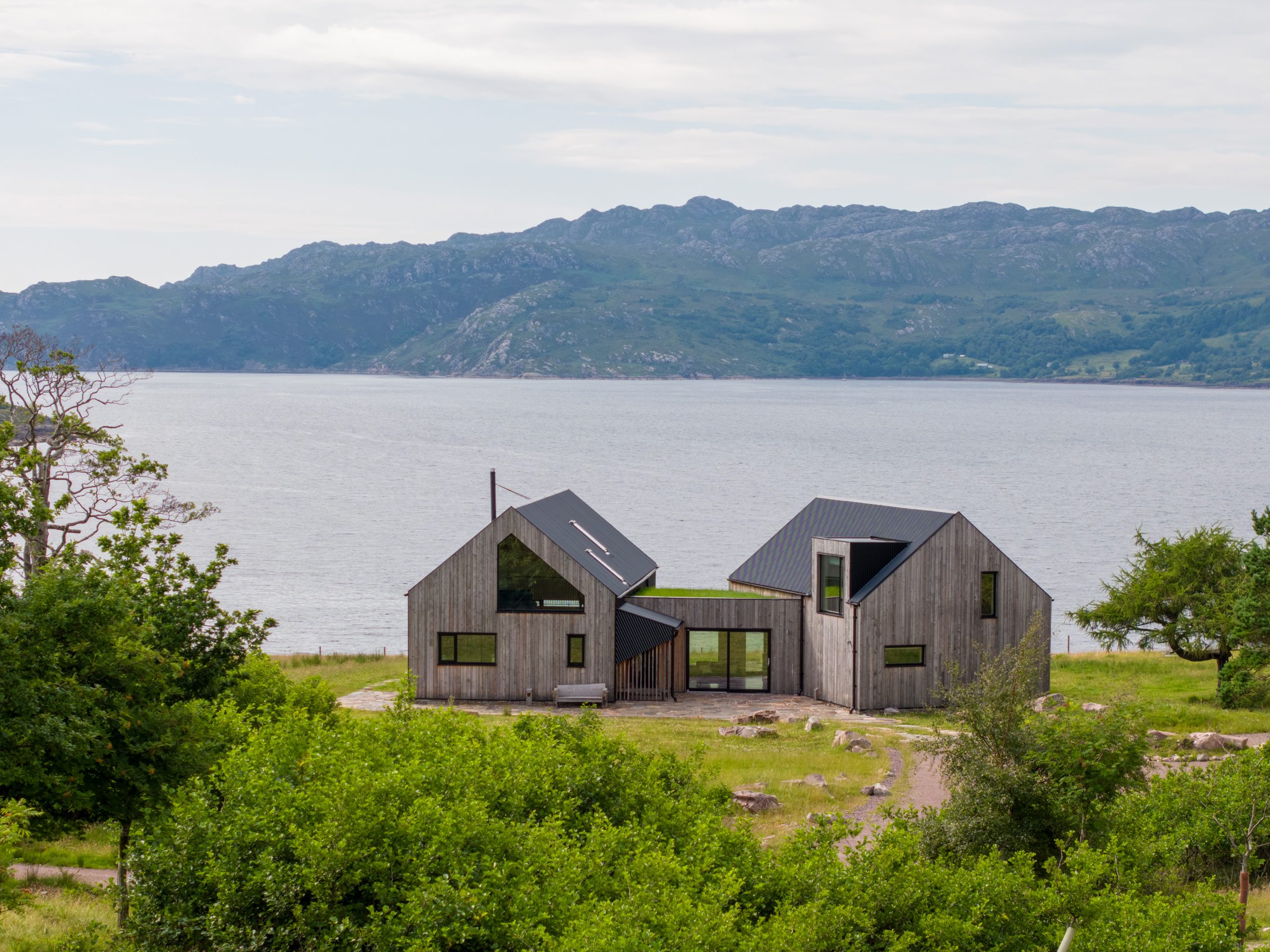Michael Pedersen discusses his new book – Muckle Flugga, the best in Scottish Fiction

With Tracey McCallum
Michael Pedersen – Muckle Flugga
The delightfully charismatic Michael Pedersen is not only a prize-winning poet and author. He is also the Writer in residence at the University of Edinburgh and the Edinburgh Makar. Having garnered a list of awards and accolades as long as your arm for his poetry and prose, Michael has recently published his beautifully captivating debut novel, Muckle Flugga.
How would you sum up Muckle Flugga?
It’s a novel of landscape and lighthouses, strange surfacings out in the deep, and celestial secrets. Though at the belly of it all are the people who live on the island of Muckle Flugga – denizens both old and new caught in a big old character drama. The already fragile relationship between a father and a son comes under fire when a new friendship romance romps into sight; or rather docks into the choppy cove.
What was your inspiration?
Oh, all the soppiest, most salient, and strident friendships I’ve been privileged enough to be party to or borne witness to. By the end of touring my last book, Boy Friends, I was a human hardrive of other people’s friendship lore, and countless new stories of my own were fountain-ing up. I knew this needed taken into the world of fiction to do it any justice. I knew, too, the setting would play a crucial role in that – this was also to be a novel of place.
So Muckle Flugga is both a location and an inspiration – the history of ‘The Impossible Lighthouse’ is truly astounding. It rallied to life during the Crimean War and hasn’t stopped battling since. One of the most formidable lighthouses on earth, the rocks it stands upon are also deeply rooted into Shetlandic folklore – being rumoured to have been formed during a quarrel between two stone-throwing giants (in a bout of machismo). And it was engineered and designed by the family of Robert Louis Stevenson.
Beyond my personal swoonage, the style of the storytelling pays tribute to a whole raft of Scottish literary greats – from Alasdair Gray and Neil Gunn, to Jackie Kay and Liz Lochhead. At least in so far as they collectively delivered me a cherished pupillage in Scottish identity and questing for our place in the orbits of it all.

What drew you to Poetry and Writing as a career?
I just loved language and books. I was totally ensorcelled by every quirky new word I came across and felt more myself in books than anywhere else for many years.
A career as a writer, at least in my case, is something long fought for. The passion becomes a purpose an aeon before it feels like a viable job. I’ve had years of spinning plates in literary events and curation, as well as workshopping, and the odd academic role. This lush mix of things takes the heat off the words having to come too quickly, and keeps my interests multi-faceted. It’s a privilege to be where I am now.
What do you consider your big breakthrough?
Och, there’s not just one. Every book has felt like a break through. My first collection with Polygon felt like a dream come true. Following that up with a collaboration book with Scott Hutchison set my heart ablaze. Signing to Faber & Faber was life-changing, as are the two books we’ve hatched together, and the glory of The Cat Prince with Little Brown set a new standard in poetry for me. All the launches, and the people that bolstered them up and invested their time and talent in me, that’s the breakthrough.
Seeing my work translated into several other languages (French, German, Spanish, Estonian), too, is a rhapsodic experience.
What’s the most challenging aspect of your work / creative process?
Moving from one book to the next. Investing such a colossal amount of time and love and life into creating, launching, defining, and touring a book and then facing the gargantuan task of conceptualising the next worthy addition. I don’t take it for granted, but I love the writing most of all, so I’m grateful for that.
What do you wish you’d known when you were starting out?
Every lesson I’ve learned I learned because of a worthy failure. A failure that edified me and fortified me – after the initial maudlin, teary, or anxious response. To have known any of that in advance I don’t think would have been conducive for me. ‘Fail again, fail better’ as Samuel Beckett said.
What advice would you give to aspiring poets and writers?
Editorially, the best advice I’ve received is can the poem, or the story, start any later or finish any earlier. I’m always guilty of writing myself into a beginning and over explaining the ending (making for a double ending) – and no-one wants that.
Also…..read, read, and read, and then write the stuff.

Who is poetry for?
Everyone that breathes air and is thankful to be alive. Everyone who wants to parachute into someone else’s life to see what it feels like to experience the world in a different skin, only to discover all the kookiest universalities already exist between us.
Everyone who likes chips.
How do you think poetry fits into a world obsessed with social media?
Centre stage.
If you weren’t a Poet & Author, what do you think you’d be doing?
A lighthouse keeper, or a vet, or an astrologist, or an astronaut. It depends how the studies went on the science front.
What would you like to see more of in the world?
Peace and kindness.
Is there a poem or book that you wish you’d created?
Och no, stories are so deeply personal and entwined into the DNA of the creator it’d be feckless to nick them. Plus, I wouldn’t have been able harvest up all the sapience I did from reading their superior works.
That’s not to say I don’t covet some of their royalties mind you.
For more on new Scottish Fiction visit –











